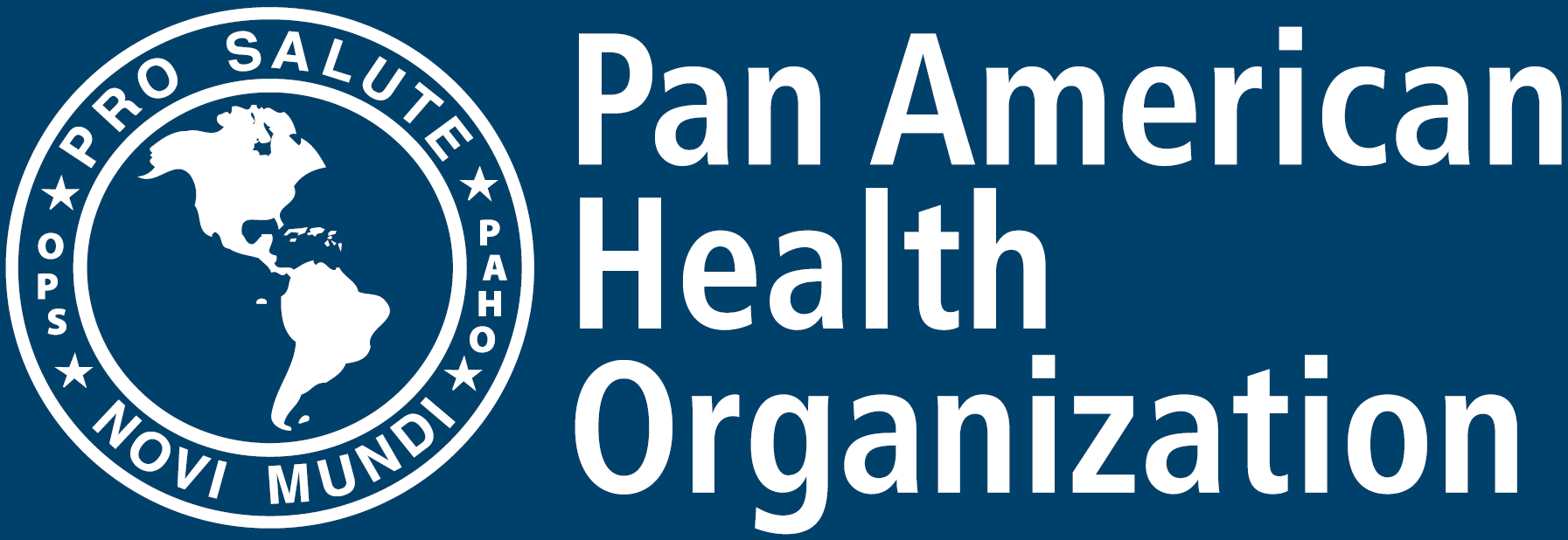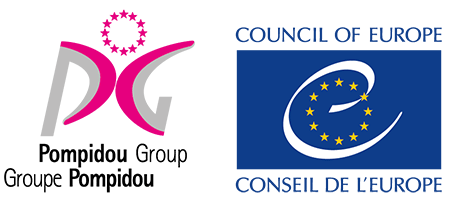Case Care Management is a model developed by ES-CICAD that supports the development and implementation of a multisystem approach, including justice, health, and public services. CCM interventions (adults and adolescents) support countries to identify and address the strengths and needs of justice-involved individuals with substance use disorders and support them in accessing services and opportunities towards their recovery and social integration. The CCM model is applicable and expandable to address gender, age, and specific needs of the justice-involved population in the country.
ES-CICAD developed and published the Case Care Management (CCM) curriculum for adults is currently developing the CCM curriculum for adolescents and developed a CCM implementation protocol.
To date, ES-CICAD trained three countries in the Americas (Trinidad and Tobago, Jamaica, and Costa Rica) and will train three more countries in 2024 (Colombia, Dominican Republic, and Barbados)
With the support of ES-CICAD, Trinidad and Tobago was the first country to have received CCM training, technical assistance, launched and completed a two year pilot project in CCM under the leadership of the Probation Services Division at the Ministry of National Security. The results of the CCM pilot program will be evaluated by an independent study in 2024.
- Sensitizing the CCM model and approach in the country and engaging with stakeholders to assess the opportunities for multi-system collaboration.
- Creating specific CCM trainings or curricula for age, gender, and vulnerable populations, as appropriate and required by countries.
- Planning and delivering CCM Training.
- Delivering technical assistance in the adaptation of the CCM model and methodology to develop and launch the CCM pilot project.
- Supporting the development of an integrated monitoring and evaluation mechanism in the CCM pilot project.
- Supporting participating countries in accompanying justice, health, and social systems in creating an integrated approach to social and laboral integration of justice-involved individuals.
- Supporting the creation of a CCM mentorship program to provide additional layers of care and connection with the communities and graduates from the CCM programs, if culturally relevant for the country.
Increased global dialogue and opportunities to support recovery and social integration of justice-involved individuals with substance use disorders.
Shared experience on models for CCM implementation in countries and at different steps along the criminal justice continuum providing increased knowledge and expertise on how to support long term social and laboral integration for justice-involved individuals with substance use disorders.
Increased number of professionals in the country who received training and technical assistance on CCM.
Number of established CCM pilot programs at different stages of the justice continuum.
Number of CCM managers working in the program.
Number of CCM mentors supporting the program (if the CCM mentorship component is part of the model)
Increasing technical capacity to monitor and evaluate CCM programs.
Developed CCM approached to strengthen social and laboral integration programs.
Current State Participation
Three countries have received CCM training to date (Trinidad and Tobago, Jamaica, and Costa Rica), four countries sensitized on CCM opportunities (Barbados, Colombia, Guyana, and Mexico), three more countries to receive training in 2024 (Colombia, Dominican Republic, and Barbados).
Ten countries involved in social and laboral integration for justice-involved individuals with substance use disorder thanks to the collaboration with Strengthening Therapeutic Communities and Treatment Centers in Latin America and the Caribbean with Italian Support (FOCTALI): Argentina, Chile, Colombia, Dominican Republic, Guyana, Jamaica, Paraguay, Peru, Trinidad and Tobago and Uruguay.
For the Americas: Antonio Lomba, Unit Chief, Institutional Strengthening, (ES-CICAD/OAS) Email: alomba [at] oas [dot] org (alomba[at]oas[dot]org) Website: https://www.oas.org/ext/en/main/oas/our-structure/gs/sms/cicad/institut…




